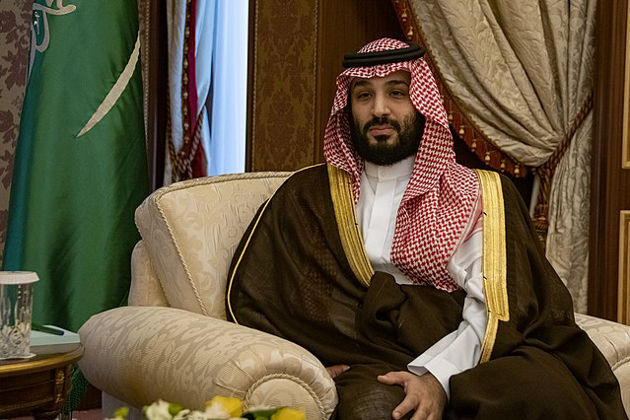Move FM Global News

Islamabad confirms Riyadh covered by nuclear deterrent
Sep 24, 2025DUBAI, U.A.E.: Pakistan’s defense minister has confirmed that Saudi Arabia would fall under Islamabad’s nuclear umbrella if required under a new bilateral defense pact — the first direct acknowledgment of such an arrangement.
Defense Minister Khawaja Mohammad Asif made the remarks during an interview with Geo TV this week, saying Pakistan’s nuclear deterrence, established through its atomic tests in the 1990s and maintained by a trained force, could be extended to Riyadh. “What we have, and the capabilities we possess, will be made available to Saudi Arabia according to this agreement,” Asif declared.
The announcement follows the signing of a mutual defense pact between the two long-standing allies. The agreement stipulates that an attack on one nation would be considered an attack on both, formalizing a decades-old military partnership. While Pakistan and Saudi Arabia have collaborated closely on security and financial matters in the past, this pact takes their cooperation to an unprecedented level.
Analysts say the move is a pointed signal to Israel, widely believed to be the only nuclear-armed state in the Middle East. It comes shortly after an Israeli strike in Qatar targeting Hamas leaders killed six people, stoking fresh anxieties among Gulf Arab states already unsettled by the ongoing Israel-Hamas war that has ravaged Gaza and destabilized the wider region.
Neither Islamabad nor Riyadh explicitly named Israel as the target of the pact. Asif emphasized that the arrangement was not aimed at a particular country: “This is an umbrella offered to one another — if there is aggression against either party, it will be jointly defended, and the aggression will be met with a response.”
The International Atomic Energy Agency, which maintains monitoring agreements with both Pakistan and Saudi Arabia, has not publicly commented on the defense minister’s statement. Asif, however, criticized Israel for refusing to declare its nuclear arsenal to the IAEA, echoing Pakistan’s long-standing support for the Palestinian cause.
American officials, before the Hamas-led assault of October 7, 2023, had been attempting to broker a normalization deal between Saudi Arabia and Israel. That effort collapsed once the conflict escalated, and Riyadh has since leaned more heavily on its traditional security ties with Islamabad.
The new pact may not remain exclusive. Asif suggested “the door is not closed to others,” while Pakistan’s Deputy Prime Minister Ishaq Dar revealed that additional countries had expressed interest in similar agreements.
Saudi Arabia has long been linked to Pakistan’s nuclear program, Brig. Gen. (Retired) Feroz Hassan Khan has noted that Saudi funding helped sustain the program during periods of sanctions, particularly when Pakistan faced U.S. restrictions over its pursuit of nuclear and missile technology.
Pakistan’s nuclear arsenal, estimated at 170 warheads, was primarily built as a counter to India, which holds roughly 172. Yet its Shaheen-3 missile, with a 2,750-kilometer range, could also reach Israel — underscoring the strategic implications of the new pact.


